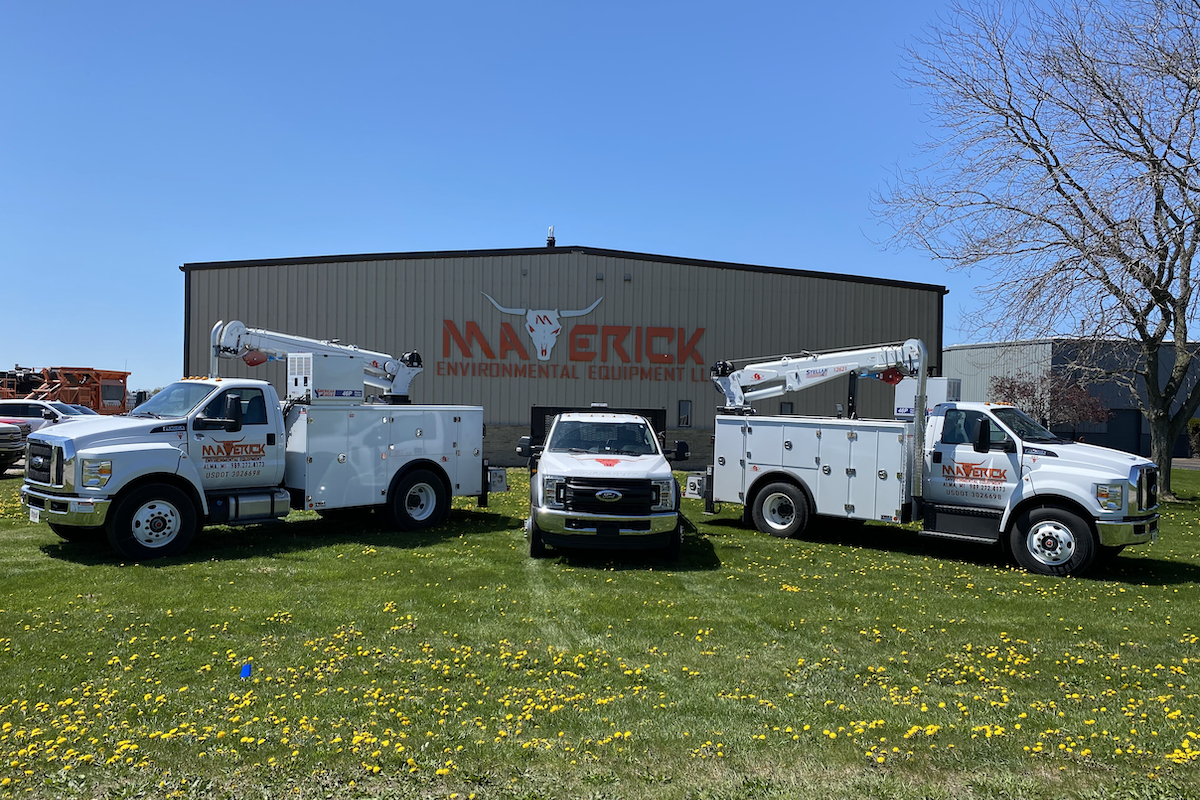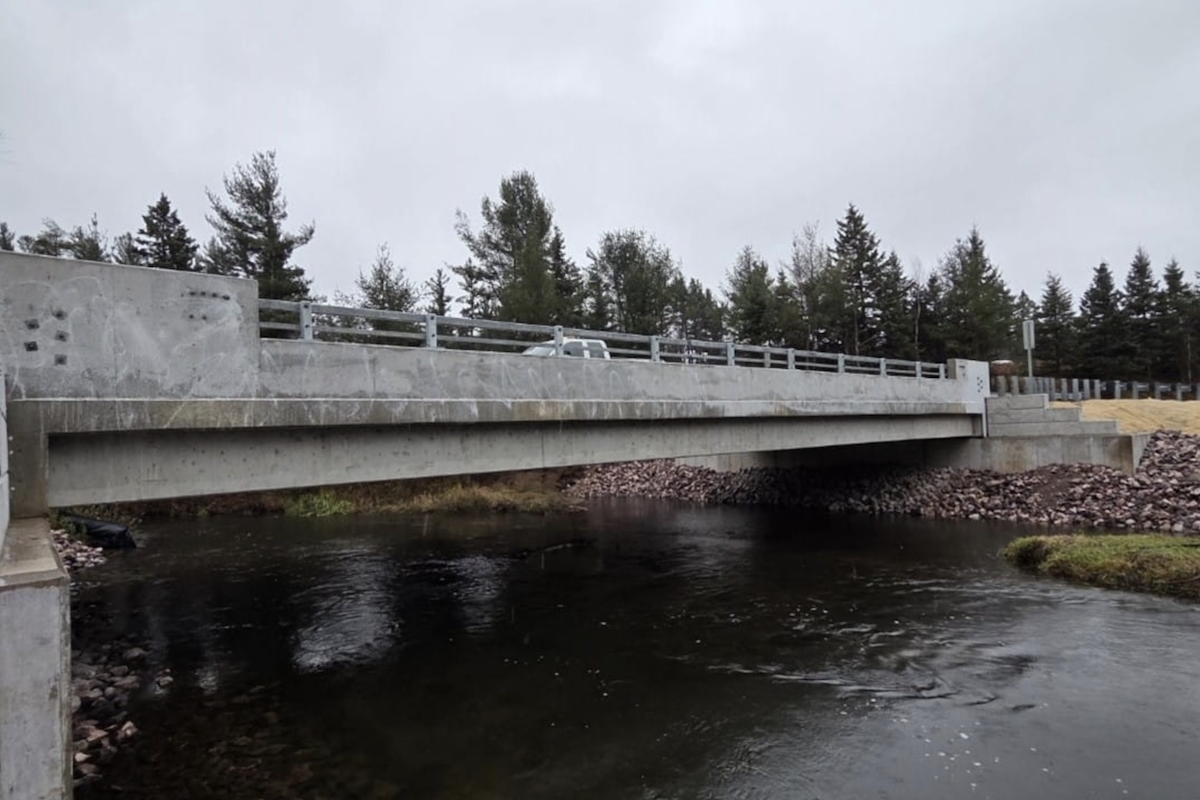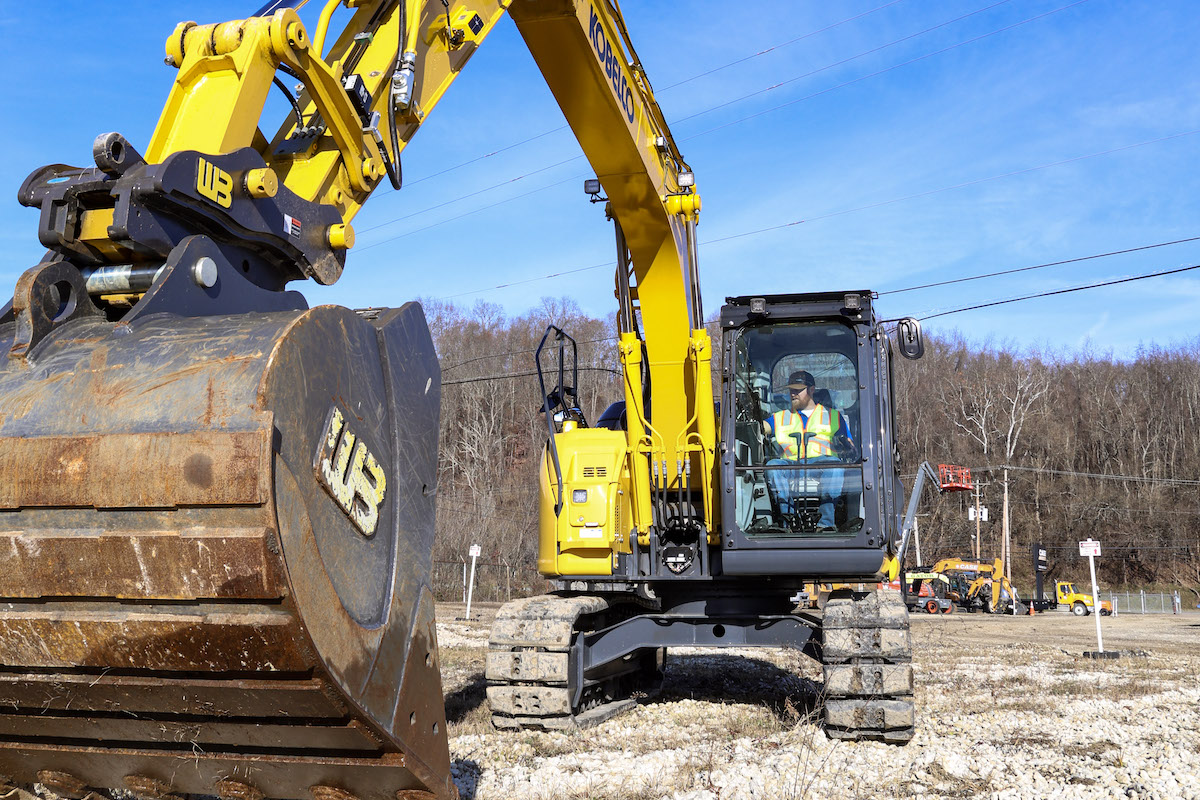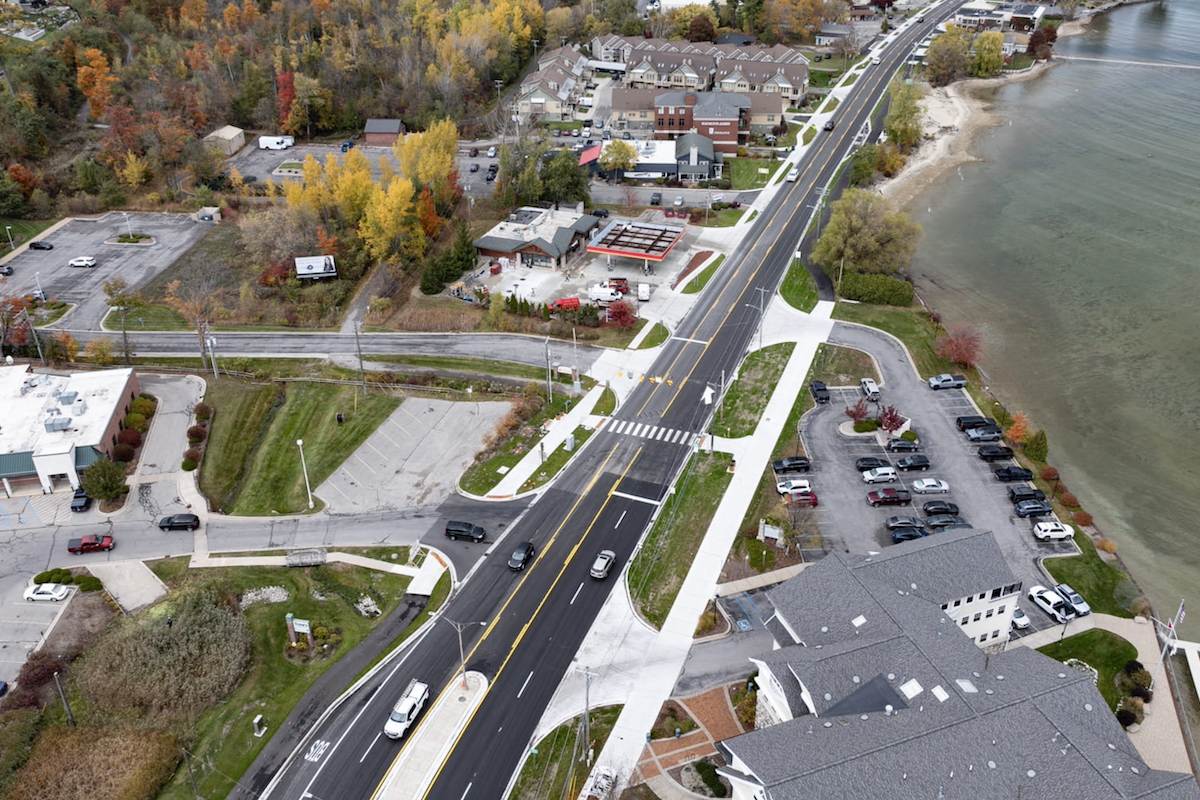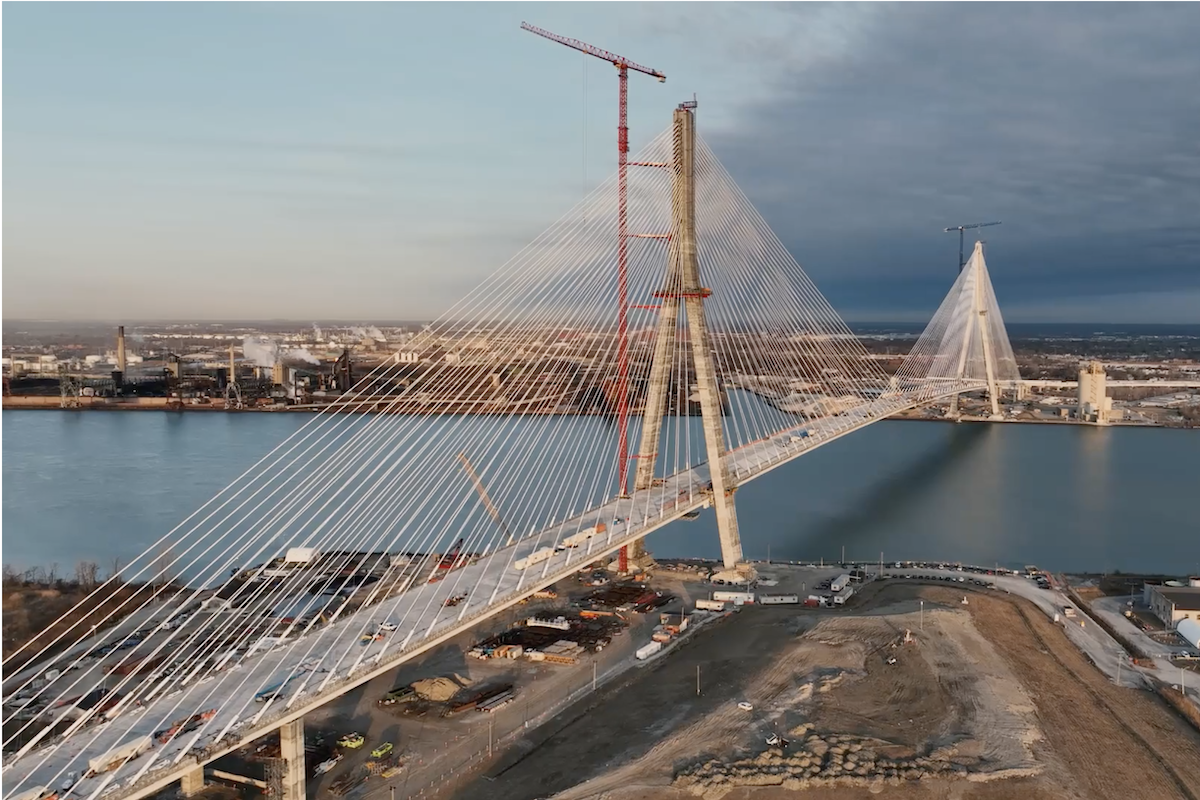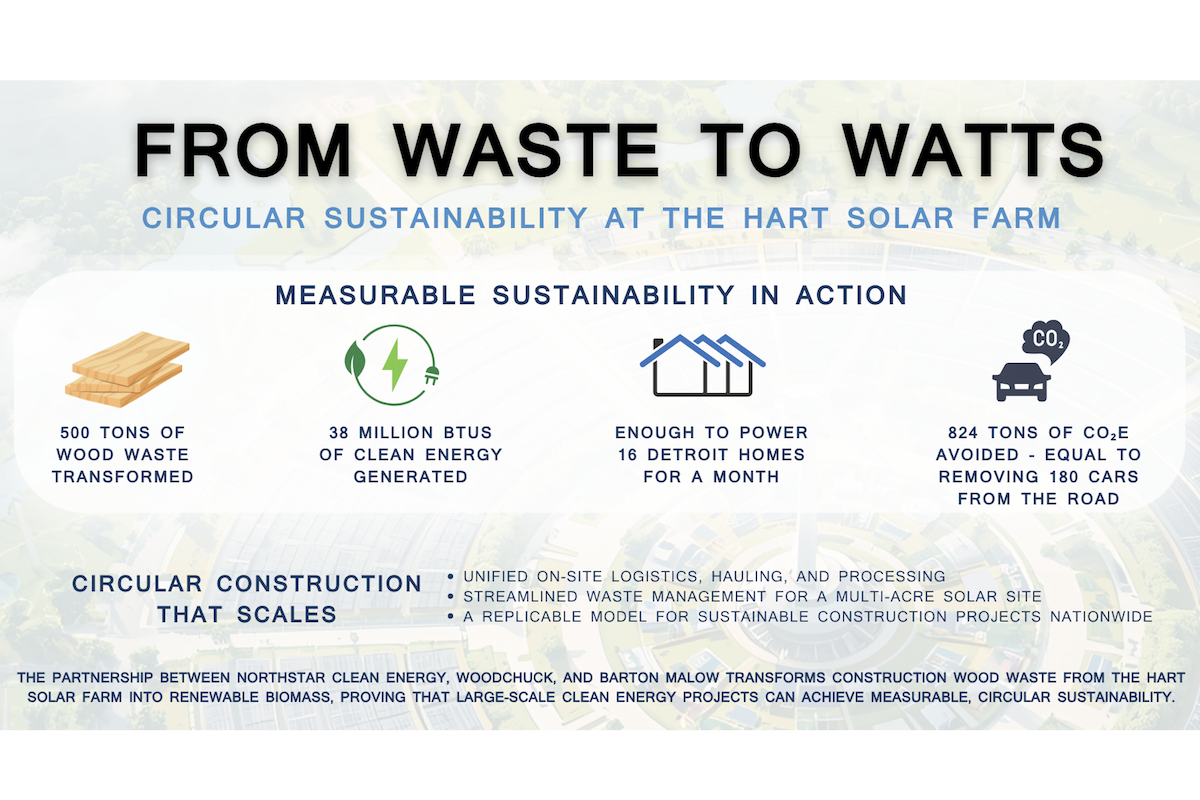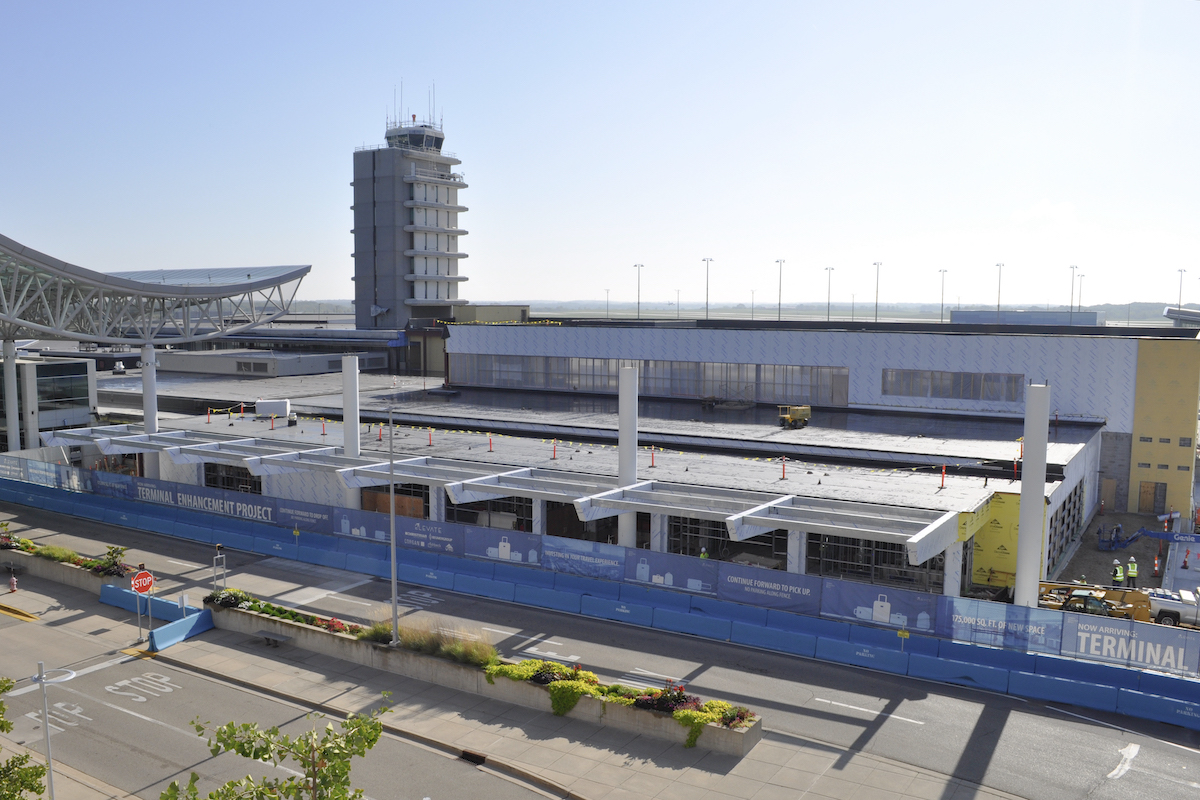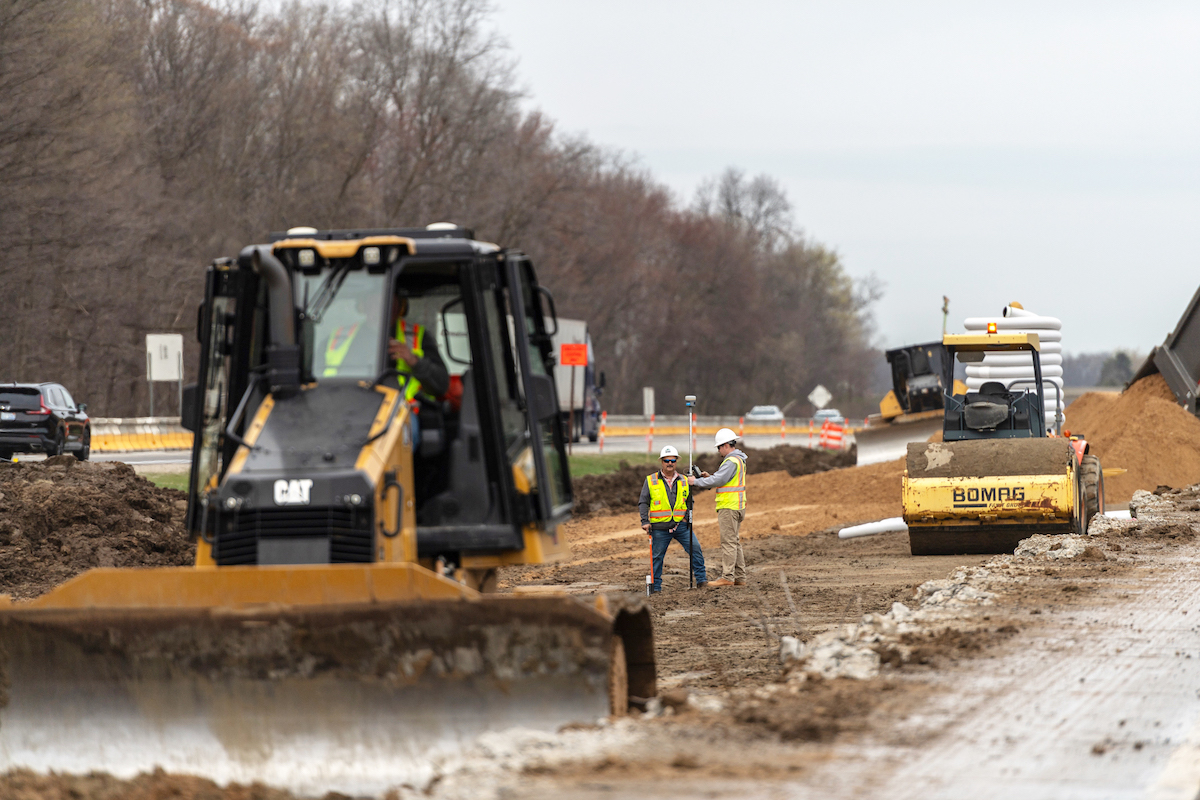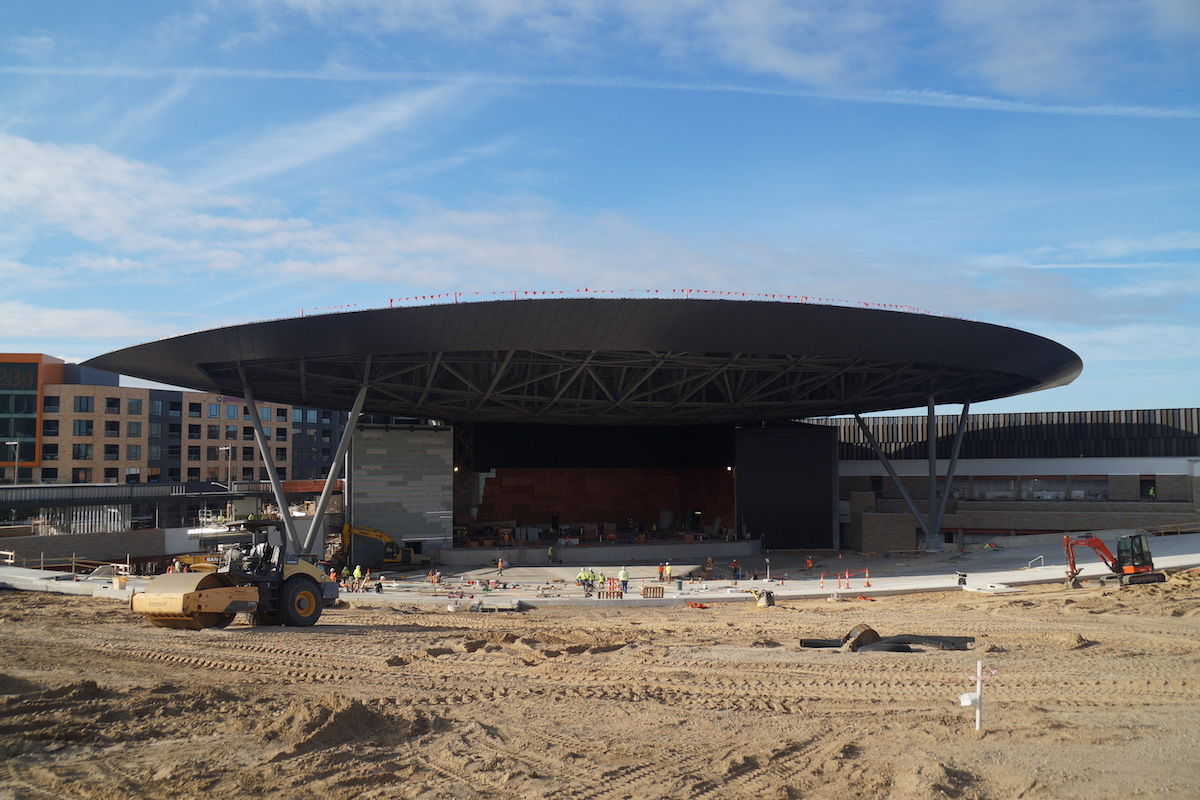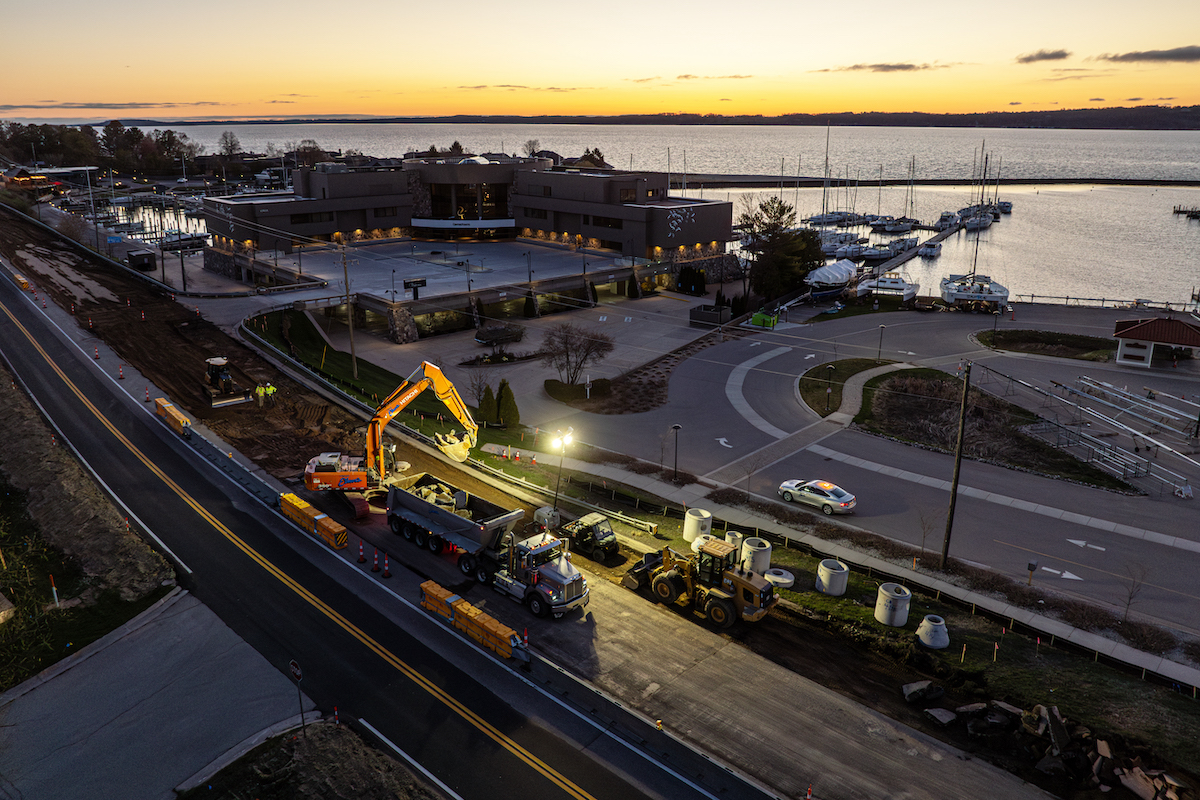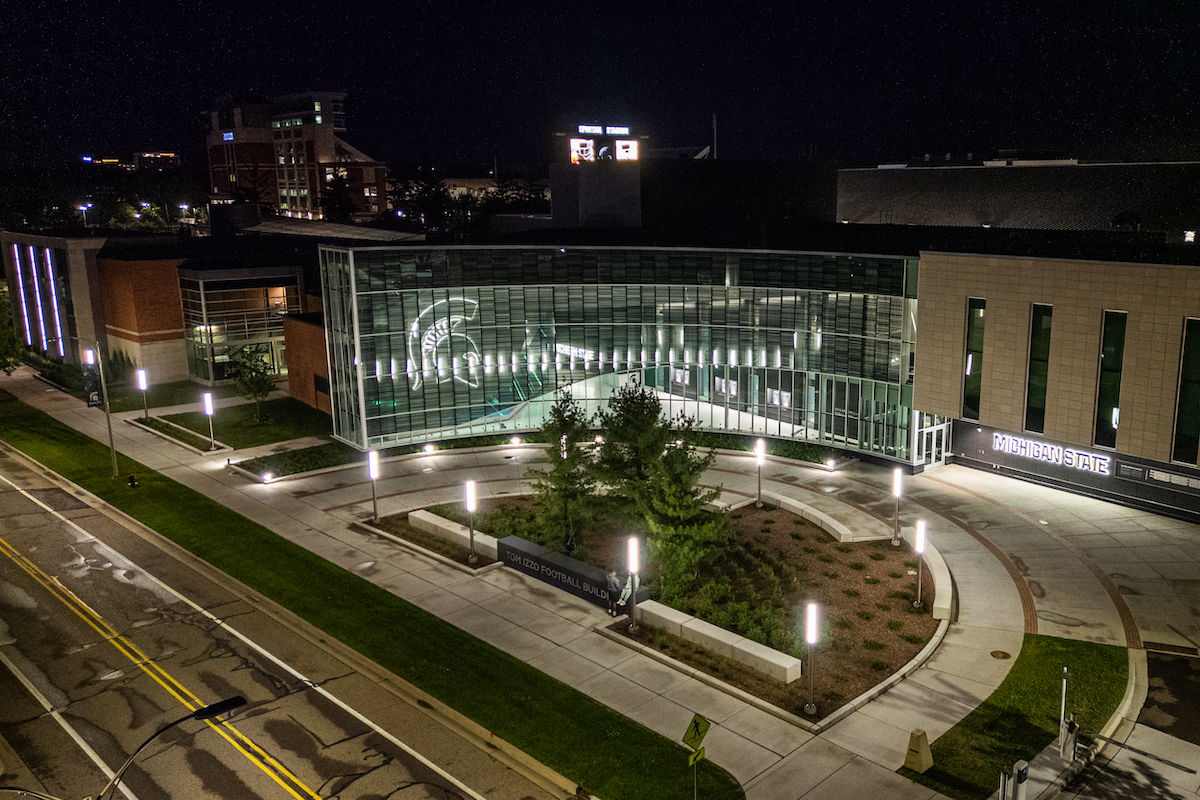The project included a complete replacement of the bridge – which spans the Little Missouri River – highway construction, and the addition of a wildlife crossing built under the highway. The original bridge was a two-lane Warren through truss bridge; the new five-span concrete girder bridge has four 12-foot driving lanes with a median in the center, and is designed to accommodate larger, wider truck loads than the previous structure.
Work on the project started in July 2019, and final completion is scheduled for mid-July 2021. Following an opening celebration and ribbon-cutting at the end of October 2020, two lanes on the east side of the new bridge were opened to traffic in November. Crews are currently completing final work on the bridge’s other two lanes.
The project contractor is Ames Construction. While the company is based in Burnsville, Minnesota, the crew for the bridge project comes from their Rocky Mountain division in Aurora, Colorado.
Speaking at the opening celebration, NDDOT Director Bill Panos commented, “U.S. Highway 85 and the Long X Bridge are essential to transportation in western North Dakota. This is a long-awaited opening of a great bridge, infrastructure, economic development tool, and an amazing engineering and community effort from all the towns and cities in this area.”

| Your local Trimble Construction Division dealer |
|---|
| SITECH Michigan |
According to NDDOT figures, the average daily traffic in 2017 was 4,680 vehicles, including 1,725 trucks, and by 2037 the figures are projected to be 5,900 vehicles with 2,175 trucks. Additionally, maximum vehicle height on the old bridge was not high enough for modern vehicles. As NDDOT State Bridge Engineer Jon Ketterling relates, “The existing bridge was a bottleneck for moving oversized freight into the region. Not only did it limit loads traveling on this important highway, it also was damaged often by overheight loads striking the bridge, causing numerous shutdowns for repairs.”
Load restrictions and bridge shutdowns have resulted in long detour routes – most oversized loads have been routed around the old bridge to alternate routes which can be 50 miles out of the way.
The original bridge had a clear roadway of 30 feet and a vertical clearance of 16 feet, Ketterling reports. The new bridge has two 40-feet clear roadways; it does not have an overhead truss system like the existing bridge, resulting in a bridge without any height restrictions.
The new Long X Bridge is 790 feet long and 85 feet wide, built on a foundation of driven H-piles in the piers and on the north abutment and drilled concrete caissons on the south abutment. Cast-in-place concrete piers support 60 precast concrete girders, which support a cast-in-place concrete bridge deck.
Weather was another major consideration during the project, especially with the cold North Dakota winters. With cold weather and high winds come issues such as frozen ground, which prevents earthwork projects from mid-November to mid-April.

| Your local Deere & Co dealer |
|---|
| AIS Construction Equipment |
Fortunately, Ketterling points out, the COVID-19 pandemic did not generate significant challenges to the bridge project. “There was some worry about delivery of materials, however this project did not see a delay in delivery of materials. Certainly, more precautions were taken, from remote weekly meetings to masks and social distancing. There was an increase in overall awareness on-site.”
Figures provided by Ketterling illustrate the size of the project and the volume of materials required. The bridge required over 14,600 linear feet of H-piling; nearly 5,500 cubic yards of concrete; over 9,300 linear feet of precast concrete girders; 700 cubic yards or riprap; and nearly 940,000 pounds of rebar.
Roadway construction required 31,000 tons of asphalt; 82,000 tons of aggregate base; nearly 250,000 cubic yards of earthwork embankment; and over 840 linear feet of drainage pipe.
“As part of our consultation with the North Dakota Game and Fish Department, it was brought to our attention that Bighorn Sheep need a clear opening of 15 feet high by 40 feet wide to create the openness so the animals will feel comfortable enough to move through the crossing. To accomplish this and to not decrease driver safety, a three-sided buried arch bridge was selected as the structure of choice.
“Since it was required to accommodate traffic thru the project for the full duration, it was necessary for us to build the wildlife crossing in phases. This was accomplished by excavating and building half of the wildlife crossing and constructing a temporary wire-faced retaining wall, at which time we were able to put traffic on top of this half and then construct the remaining half. Due to the soil conditions present, a decision was made to use a pile-supported footing for the foundation of the buried arch structure.”

| Your local Trimble Construction Division dealer |
|---|
| SITECH Michigan |
As Ketterling explains, “The overall goal of the Department is to four-lane Highway 85 from Watford City to Interstate 94. Benefits of the project include having a four-lane roadway that will accommodate a mix of industrial, agricultural, and passenger traffic, while providing reasonable accommodations for oversized loads and ample passing opportunities for the traveling public.
“Other benefits will be that it will improve system linkage within the region and state by expanding the existing highway on essentially its current alignment to create a continuous four-lane highway from the I-94 Interchange to U.S. Highway 2. It will also improve safety along the project corridor for the traveling public.”
The 62-mile stretch is divided into three segments in the environmental document, Ketterling adds, with the Long X Bridge replacement as Priority 1. Another segment, Watford City to Highway 200 is Priority 2; the third segment, Highway 200 to I-94, is Priority 3. Regarding the status of the overall project, Ketterling reports, “With the Long X Bridge replacement substantially completed, the north half of our second segment, from Watford City to the Long X Bridge, is under design. The Department is actively pursuing grants to fund these other segments.”
The proposal selected by the Department was from North Dakota rancher Paul Silbernagel, who raises Nokota horses on a ranch near the town of Linton. The southern suspended span of the bridge, about 250 feet, is the portion that has been adopted by Silbernagel for his ranch.
The bridge will be reconstructed to cross Beaver Creek in south central North Dakota, some 200-plus miles from its original location. After the south span was dismantled, it was inventoried piece by piece and then hauled to a location on the ranch near where Silbernagel plans to re-erect the bridge and preserve the architectural feature of the truss.

| Your local Trimble Construction Division dealer |
|---|
| SITECH Michigan |
Photos courtesy of the North Dakota Department of Transportation

















